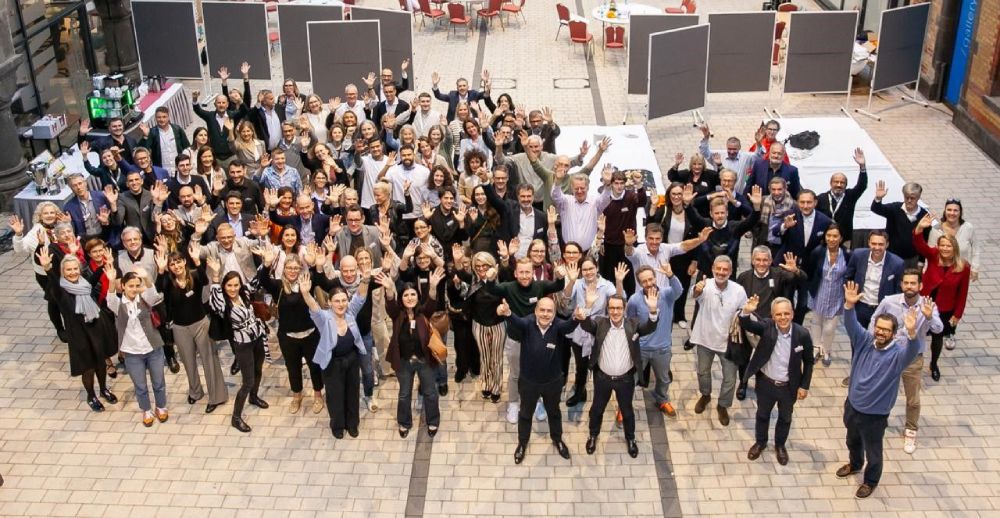Internationalisation
Global Solutions for International Markets
Whether you’re working in a multinational corporation or at an SME, you probably already dealt with the challenge of either expanding into a new market or collaborating with people from different countries.
Globalisation offers huge opportunities to fuel innovation, cut costs on production, and enter new markets with solutions that have already proved successful under similar conditions in another region.
However, there’s at least one major risk: false assumptions! Avoiding these requires deep understanding of intercultural perspectives and human relationships – or an EIM interim manager. For almost every market in the world, we provide managers who already know the region from their own experience.
The value of first-hand experience
Global Solutions for International Markets
Whether you’re working in a multinational corporation or at a SME, you probably already dealt with the challenge of either expanding into a new market or collaborating with people from different countries.
Globalisation offers huge opportunities to fuel innovation, cut costs on production, and enter new markets with solutions that have already proved successful under similar conditions in another region.
However, there’s at least one major risk: false assumptions! Avoiding these requires deep understanding of intercultural perspectives and human relationships – or an EIM interim manager. For almost every market in the world, we provide managers who already know the region from their own experience.
The value of first-hand experience
There’s hardly any other field in business where you’ll learn so much about culture and people. Don’t repeat the mistake of early anthropologists, who thought they could write about foreign cultures, while enjoying a glass of wine sitting at home in their armchairs (hence, they were labelled “armchair anthropologists”). In 1922, the ethnographer Bronislaw Malinowski marked the start of a new era of social science, when he demanded researchers record “the spirit of the natives” by doing the unthinkable – actually spending time with them, and participating in their lives.
About 100 years later, we ask you to do the same: don’t export products or manage international teams purely based on what you read about the people in a different part of the world. Be where your customers or colleagues are, and you’ll understand what they want and how to communicate with them very quickly. We know that flying is bad for the environment, and that you can’t be everywhere at once. Sending away your best employee also might not be the best idea for your business at home. So how do you go about getting this valuable first-hand experience of another cultural perspective?
No intercultural communication experts
Managers with relevant international experience, who don’t see everything through your company’s history, are vital to every internationalisation project.
They help to overcome the obstacles you might encounter on the way to expanding abroad: mentioned in a recent study as language barriers (26%), lack of management capacities (19%) and resources (12%).
Furthermore, such professionals have an excellent sense for emerging trends in these foreign markets – thereby guaranteeing a reliable flow of new ideas and discoveries, ready to export to the next market.
In the end though, it’s still about running a business. Contractual conditions need to be checked; teams need to be managed; clients need to be acquired. This is why we don’t provide experts for intercultural communication, but rather seasoned entrepreneurs and top executives, who have become experts for a given culture due to their track record of international projects. We are the best suited to recruit such people, because we are one international firm ourselves, operating in 21 offices all around the globe, and with a talent network that doesn’t know any borders.
Get in touch with us
Together we can find the solution you are looking for.





